Reasons Students Plagiarise
par Te Puna Ako Unitec NZ


1. Assignment /assessment design
1.1. Authenticity
1.2. Consistency of grading
1.3. Scheduling
1.4. Appropriate 'level'
1.5. Incremental
1.6. Instructions / expectations
1.7. Video:
1.8. Assessment in HE site
1.9. Fundamentals of effective assessment
2. Awareness
2.1. Consequences
2.2. Effect on learning
2.3. Ethics
2.4. Of what plagiarism is
2.5. How to check
2.5.1. Online checker
2.6. Misunderstanding
2.7. Break down of skills
2.8. Uncertainty of difference between collaboration, collusion & copying
3. Confidence level / voice
3.1. Intimidated
3.2. 'Expert' syndrome
3.3. Value placed on contribution
4. Performance anxiety
4.1. Pressure to pass
4.2. Competitivess
5. Education background
5.1. Culture
5.2. Skill focus
6. Availability of resources
6.1. Collusion
6.2. Internet
6.3. 'Papermills'
7. The language of study
7.1. Different L1
7.2. Register / appropriacy
8. Mindmap adapted from Owen, H. (2007). ESL students: Fostering skills to avoid plagiarism. In A. Jendli, S. Troudi & C. Coombe (Eds.), The power of language: Perspectives from Arabia (pp. 215-231). Dubai: TESOL Arabia.
9. Digital Literacy Skills
10. Topic / understanding of task
11. Time management
11.1. Procrastination
11.2. Study habits
11.3. Planning skills
11.4. Management of workload
12. Academic literacy skills
12.1. Referencing tools
12.2. Research skills
12.3. Critical thinking skills
12.4. Academic writing
12.5. Referencing conventions
12.5.1. How to - text
